The Ronaldo effect: what big players mean for the finances of major football clubs
Manchester United hoping to cash in big after securing the Portuguese star’s signature on two-year contract
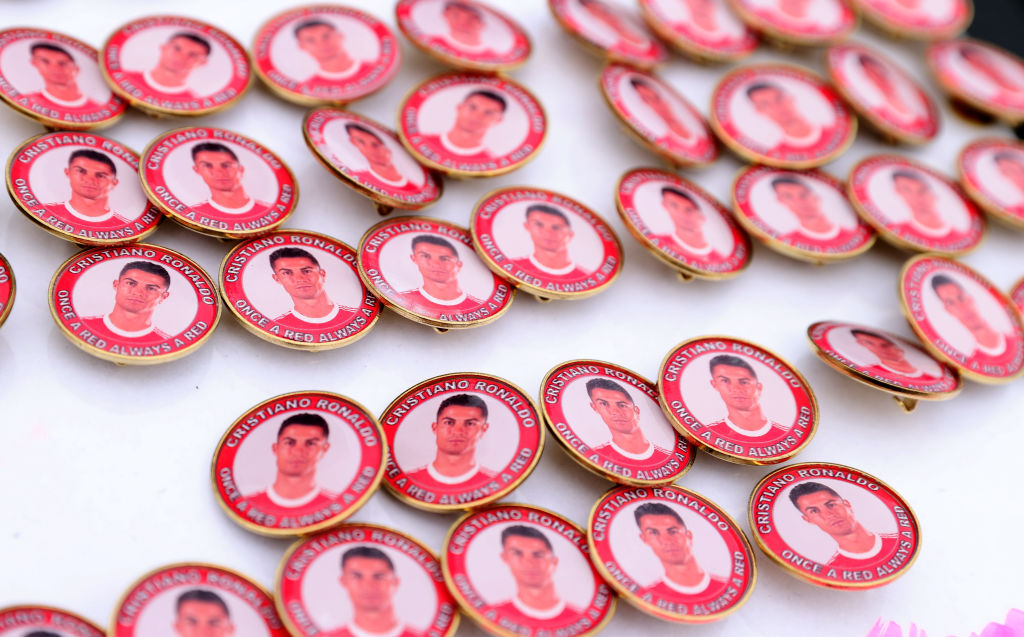
A free daily email with the biggest news stories of the day – and the best features from TheWeek.com
You are now subscribed
Your newsletter sign-up was successful
Sheffield Hallam University experts Dan Plumley and Rob Wilson on how clubs score financial wins through high-profile signings
The prodigal son returns. In the last few days of a frenzied football transfer window, Manchester United pulled off a dream signing, welcoming Cristiano Ronaldo back to his former club.
Excitement over his return to the Premier League is high - and with good reason. There are only a handful of sports stars on the planet who can generate this kind of global interest.
The Week
Escape your echo chamber. Get the facts behind the news, plus analysis from multiple perspectives.

Sign up for The Week's Free Newsletters
From our morning news briefing to a weekly Good News Newsletter, get the best of The Week delivered directly to your inbox.
From our morning news briefing to a weekly Good News Newsletter, get the best of The Week delivered directly to your inbox.
But how does a player of Ronaldo’s professional stature affect the business side of a major football club? Where are the key financial wins generated by sporting superstars?
In football transfer fee terms, Ronaldo returns to United with a relatively cheap price tag. He has signed a two-year contract (with the option to extend) for an initial fee of £12.86m and the potential for an additional £6.85m in performance-related bonuses.
This is primarily down to his age. At 36, he is approaching the end of his playing career, and the fee reflects this, even though his performance level remains high. That performance factor is reflected in his salary, which is set to be around £385,000 per week
Adding these numbers together crudely shows a total cost to Manchester United in the region of £60m. The club have also shown shrewd business tactics by managing to spread the payment over five years.
A free daily email with the biggest news stories of the day – and the best features from TheWeek.com
In return, United hope Ronaldo’s skill will enhance the club’s chances on the pitch. But the bigger picture is the commercial edge he can bring.
Certainly the power of his personal brand (he is widely known as “CR7”, after his initials and preferred player number) - not withstanding the ongoing civil lawsuit against him for allegations of rape, which he denies (criminal charges were ruled out) - instantly extends the club’s international reach and appeal.
Ronaldo currently boasts half a billion followers across social media, compared to Manchester United’s 140 million, and the announcement of his signing sparked 12.5 million likes on Instagram. Converting this reach into cash is critical.
A numbers game
Ronaldo has already increased United’s shirt sales to a record-breaking amount. But it is Adidas which will see the initial benefit, with the German kit manufacturer paying a licence fee to reproduce the famous red shirts. That said, United’s current deal with Adidas is already football’s biggest, and the Ronaldo effect should allow the club’s executives to push up the price when it comes to renewal.
United’s broader business operations should also see a significant boost. Sponsors will be falling over themselves to partner with United, and it is possible the club could make an additional £30m in commercial arrangements in the next couple of years.
And while exact numbers are difficult to predict, we can look to Ronaldo’s last club, Juventus, for a guide. The Portuguese moved there from Real Madrid in 2018, and the next two years show considerable commercial growth for the Italian club.
Of course, that’s not all down to Ronaldo, but he certainly helped. While he was in the squad, Juventus renegotiated deals with Adidas and Jeep, and signed a new one with Konami in Japan who cited the “Ronaldo effect” as a major reason behind the partnership.
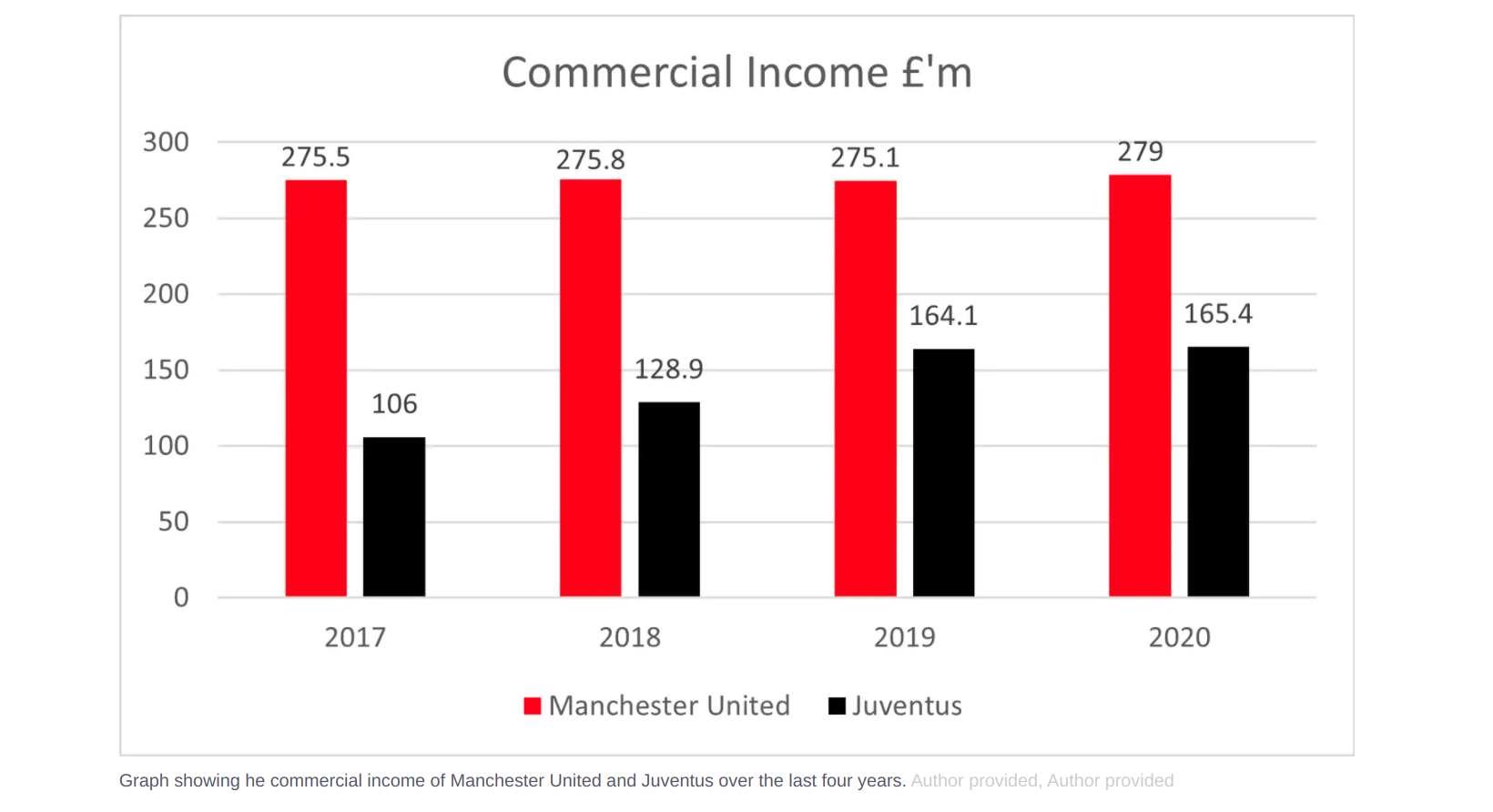
Manchester United meanwhile already generate significant value from commercial deals and Ronaldo will help boost those numbers. The team and the player have been described as “match made in heaven”, with the share price of the club jumping before Ronaldo had even kicked a ball back in Manchester.
Longer-term gains can be expected in the next couple of years, and if he helps the club to win trophies, the numbers could be mind boggling. Those numbers will no doubt be studied by the top European clubs as they desperately look for the next Ronaldo and Messi, encapsulated by Real Madrid’s recent failed attempt to land Kylian Mbappe from Paris Saint-Germain. (Expect him to be the next big move in January 2022.)

The football industry in general is concerned about a changing market where the relationship between the game and young people appears to be deteriorating. Recent research found that 40% of respondents in seven countries (including England, Poland and Brazil) aged 16-24 had no interest in football, sparking fears of a “missing generation” of fans.
As a result, clubs are searching for new ways to engage. Anything that extends the reach in younger age groups is of huge interest to club owners, so Ronaldo’s social media presence is yet another box ticked.
The attachment between fans and a favourite player is also of increasing importance, particularly in emerging markets. In India for example, nearly a third of fans say that allegiance to a player influences their support for a club.
For Manchester United, there is clearly money to be made from the return of CR7. The club will gain new fans and new deals - and if he scores goals and wins matches, maybe even a shiny new trophy.
Sheffield Hallam University senior lecturer in sport finance Dan Plumley and head of Department of Finance, Accounting and Business Systems Rob Wilson.
This article is republished from The Conversation under a Creative Commons licence. Read the original article.
-
 The Olympic timekeepers keeping the Games on track
The Olympic timekeepers keeping the Games on trackUnder the Radar Swiss watchmaking giant Omega has been at the finish line of every Olympic Games for nearly 100 years
-
 Will increasing tensions with Iran boil over into war?
Will increasing tensions with Iran boil over into war?Today’s Big Question President Donald Trump has recently been threatening the country
-
 Corruption: The spy sheikh and the president
Corruption: The spy sheikh and the presidentFeature Trump is at the center of another scandal
-
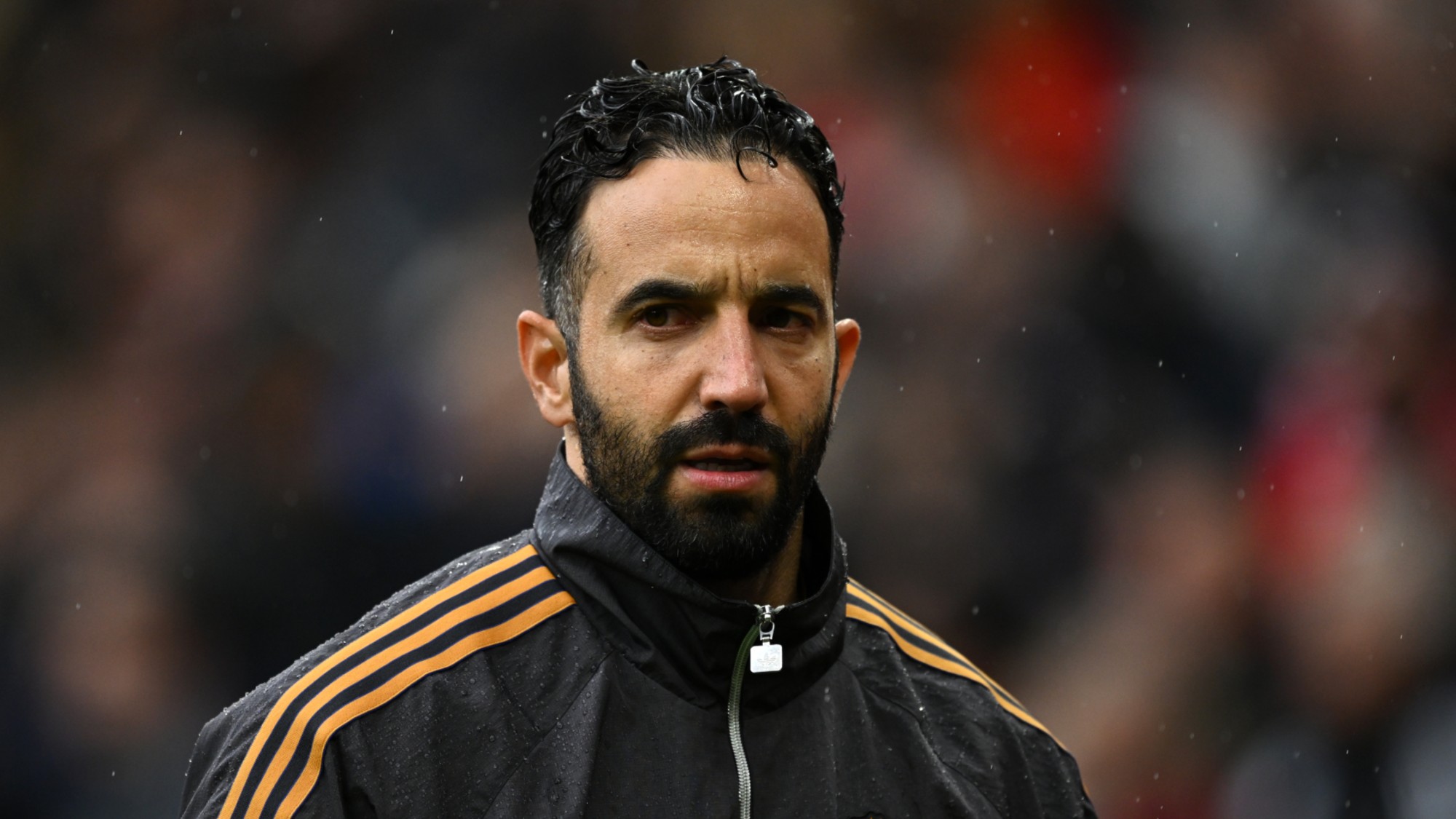 Amorim follows Maresca out of Premier League after ‘awful’ season
Amorim follows Maresca out of Premier League after ‘awful’ seasonIn the Spotlight Manchester United head coach sacked after dismal results and outburst against leadership, echoing comments by Chelsea boss when he quit last week
-
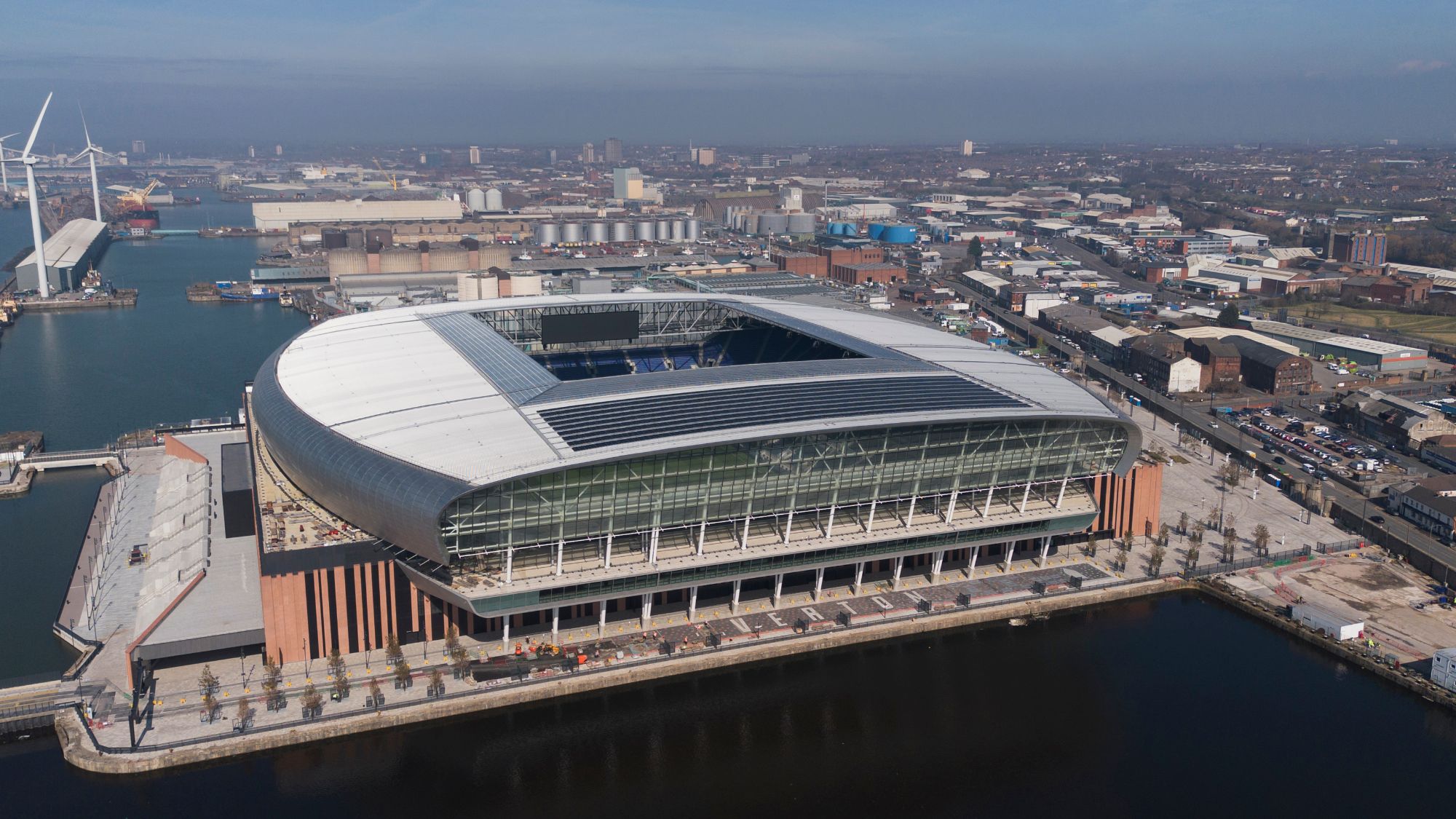 How do new stadiums affect football clubs?
How do new stadiums affect football clubs?In the Spotlight Everton's decision to move its men's team out of Goodison Park could be a catalyst for vital change, but there are cautionary tales too
-
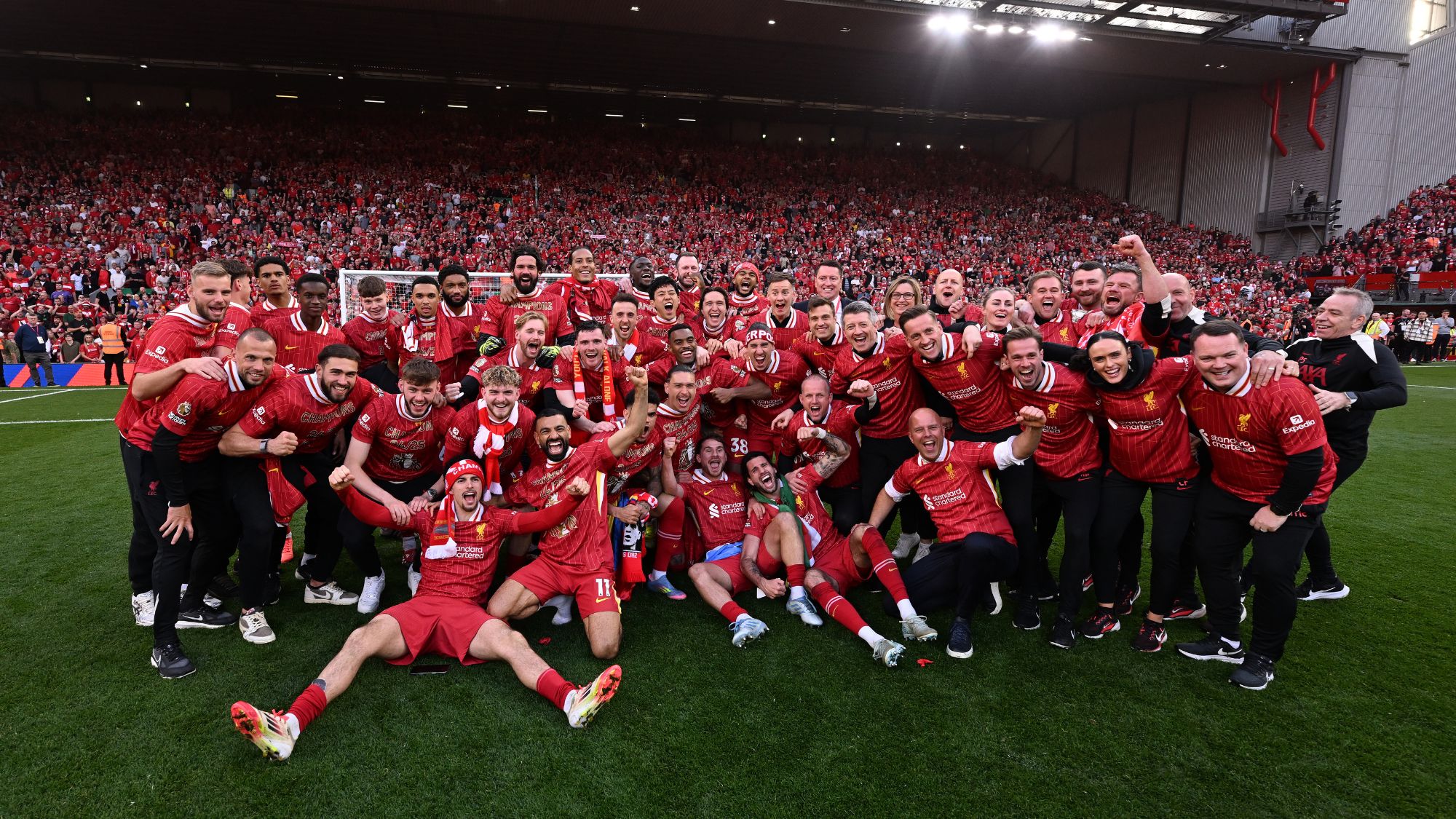 Liverpool's Anfield redemption: how did they do it?
Liverpool's Anfield redemption: how did they do it?Talking Point Arne Slot's blueprint and standout player performances guide the Reds to record 20th league title
-
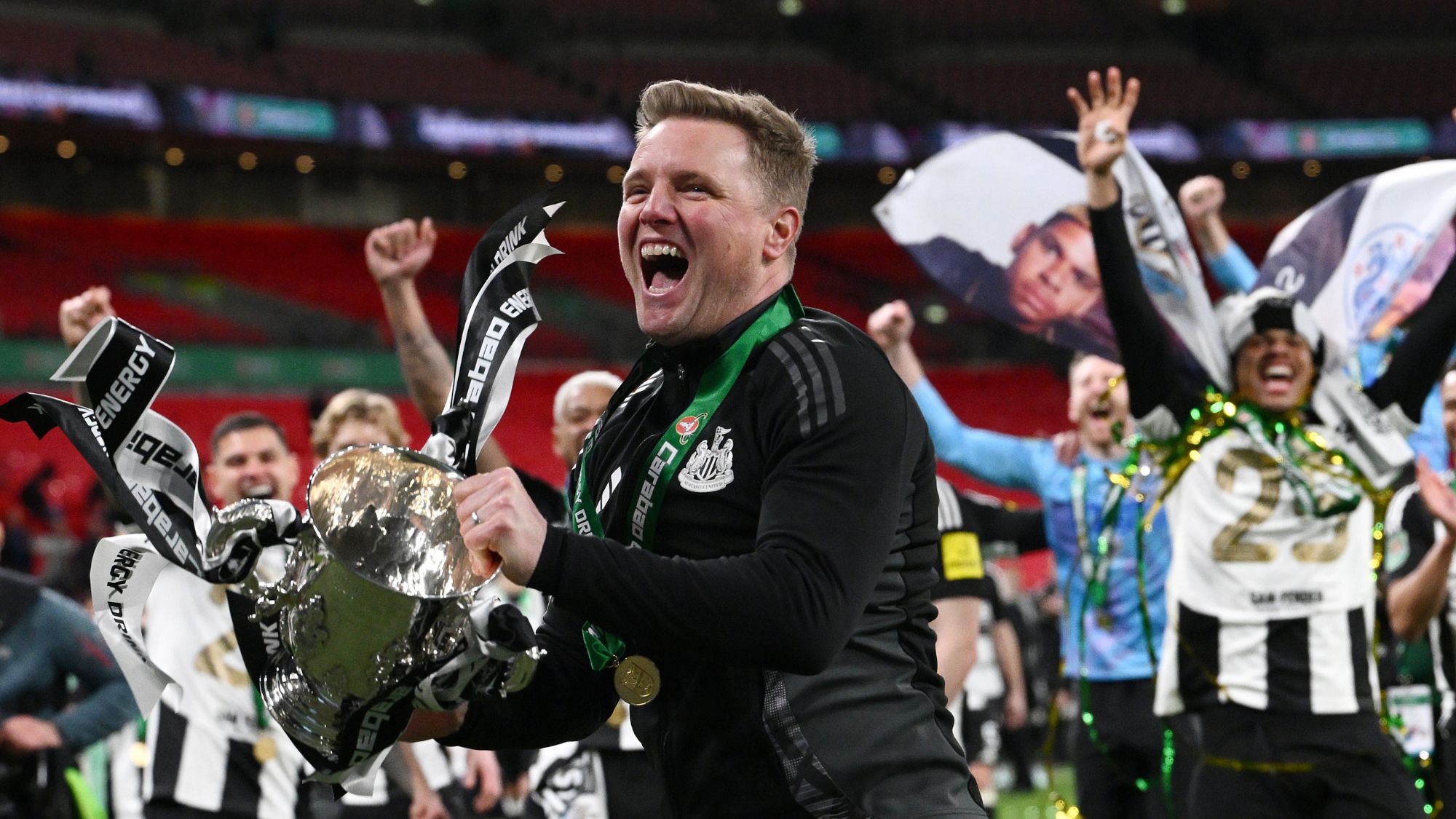 Where are all the English football managers?
Where are all the English football managers?Talking Point Eddie Howe's Carabao Cup success underlines absence of homegrown coaching talent in the Premier League
-
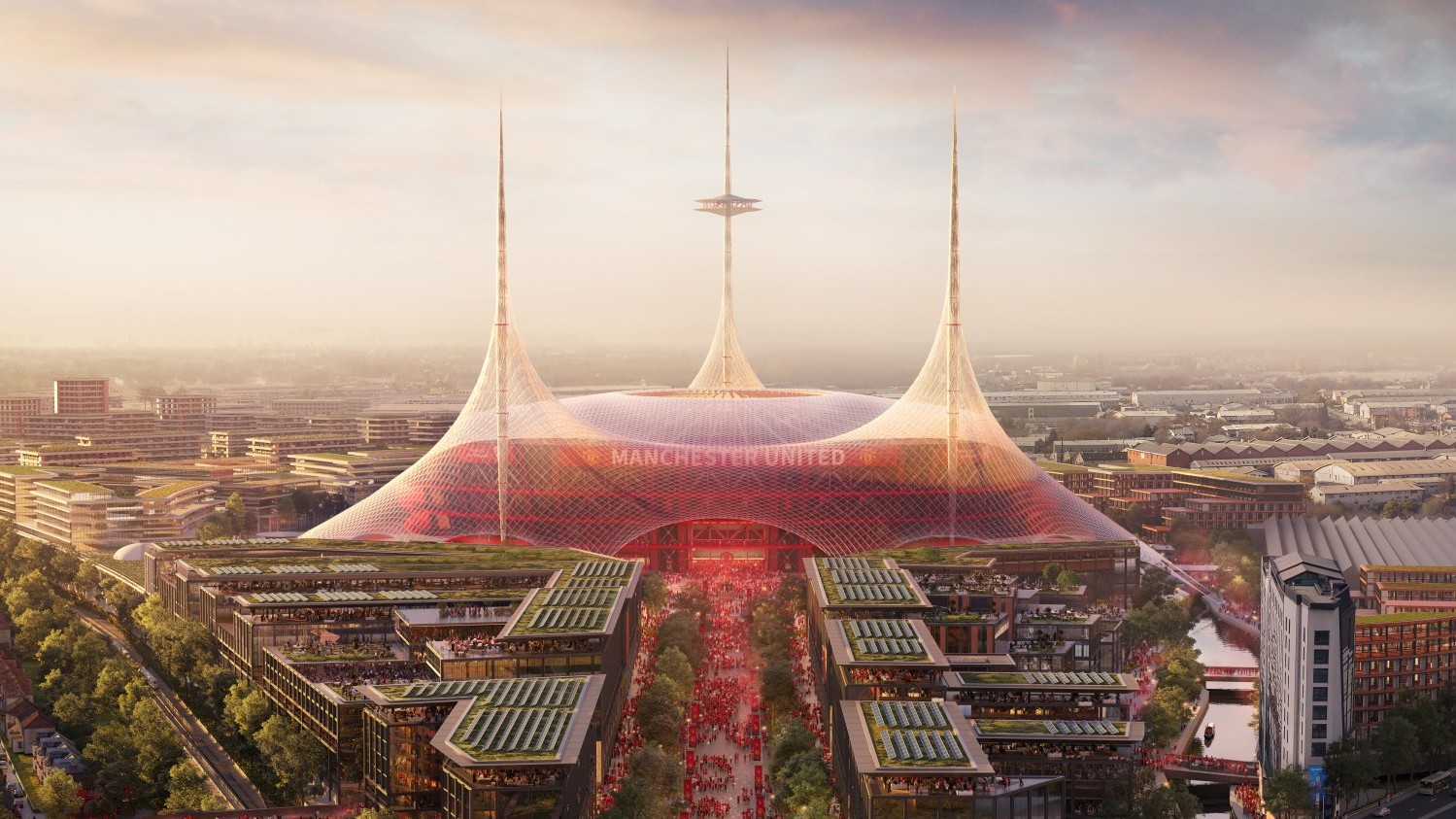 New Trafford: can it fix Manchester United's footballing problems?
New Trafford: can it fix Manchester United's footballing problems?Talking Point Plan for £2 billion stadium despite staff job losses and lack of success on the pitch
-
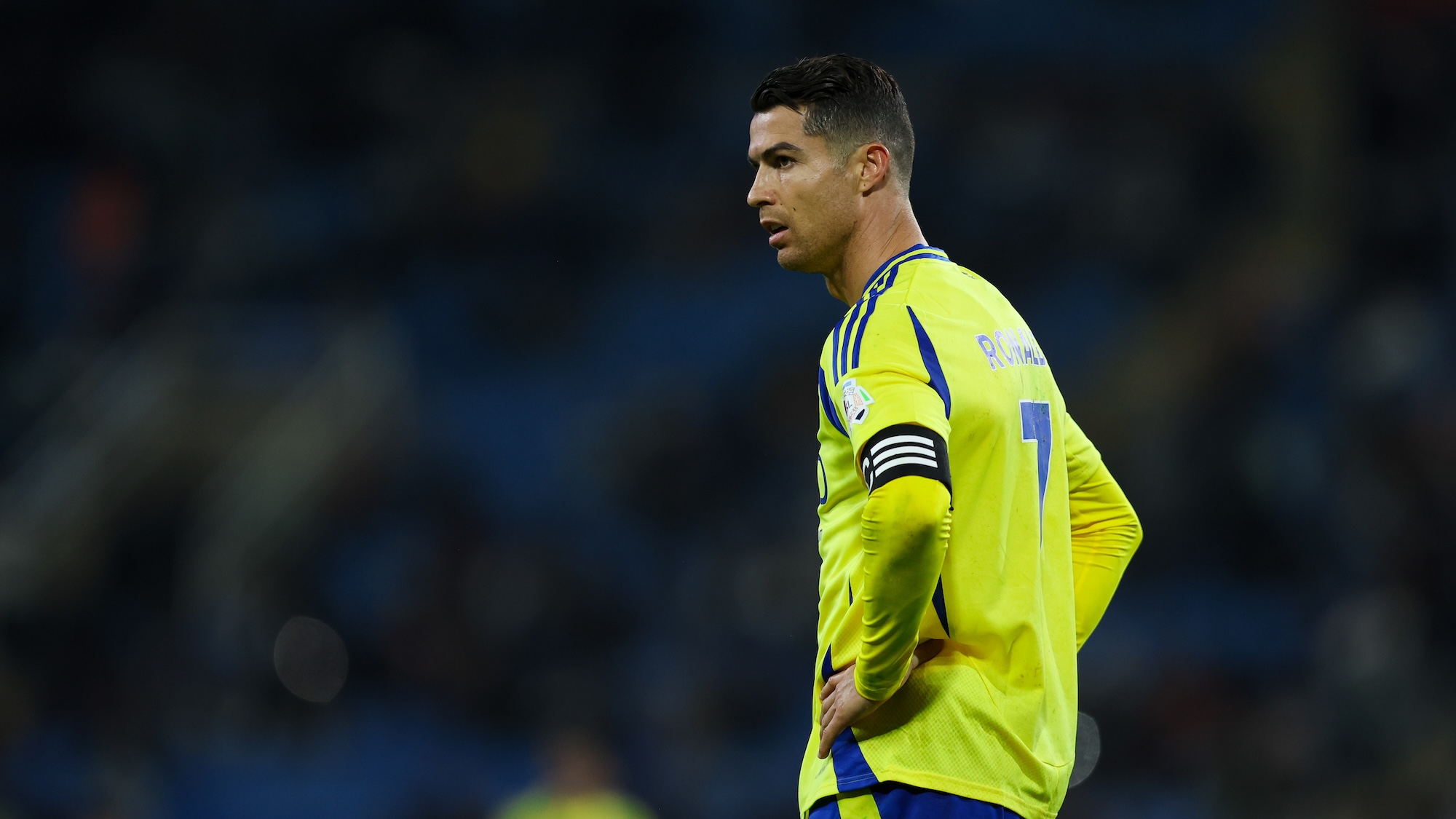 The cult of Cristiano Ronaldo at 40
The cult of Cristiano Ronaldo at 40Talking Point Highest-paid football player in the world still has epic goals in his sights
-
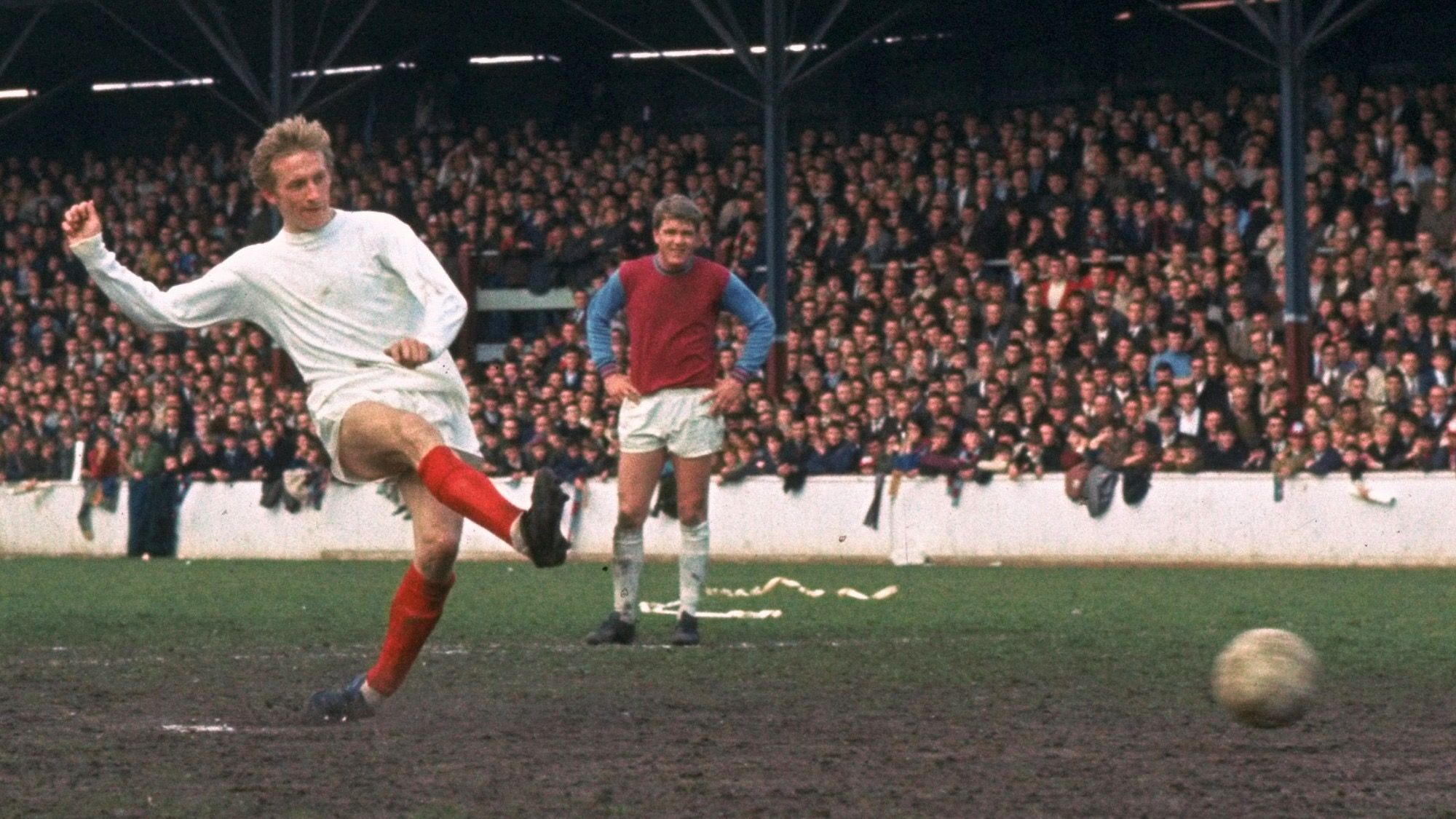 Denis Law obituary: fond farewell to 'the King of the Stretford End'
Denis Law obituary: fond farewell to 'the King of the Stretford End'In the Spotlight Scottish footballer who was one of Manchester United's 'Holy Trinity' has died aged 84
-
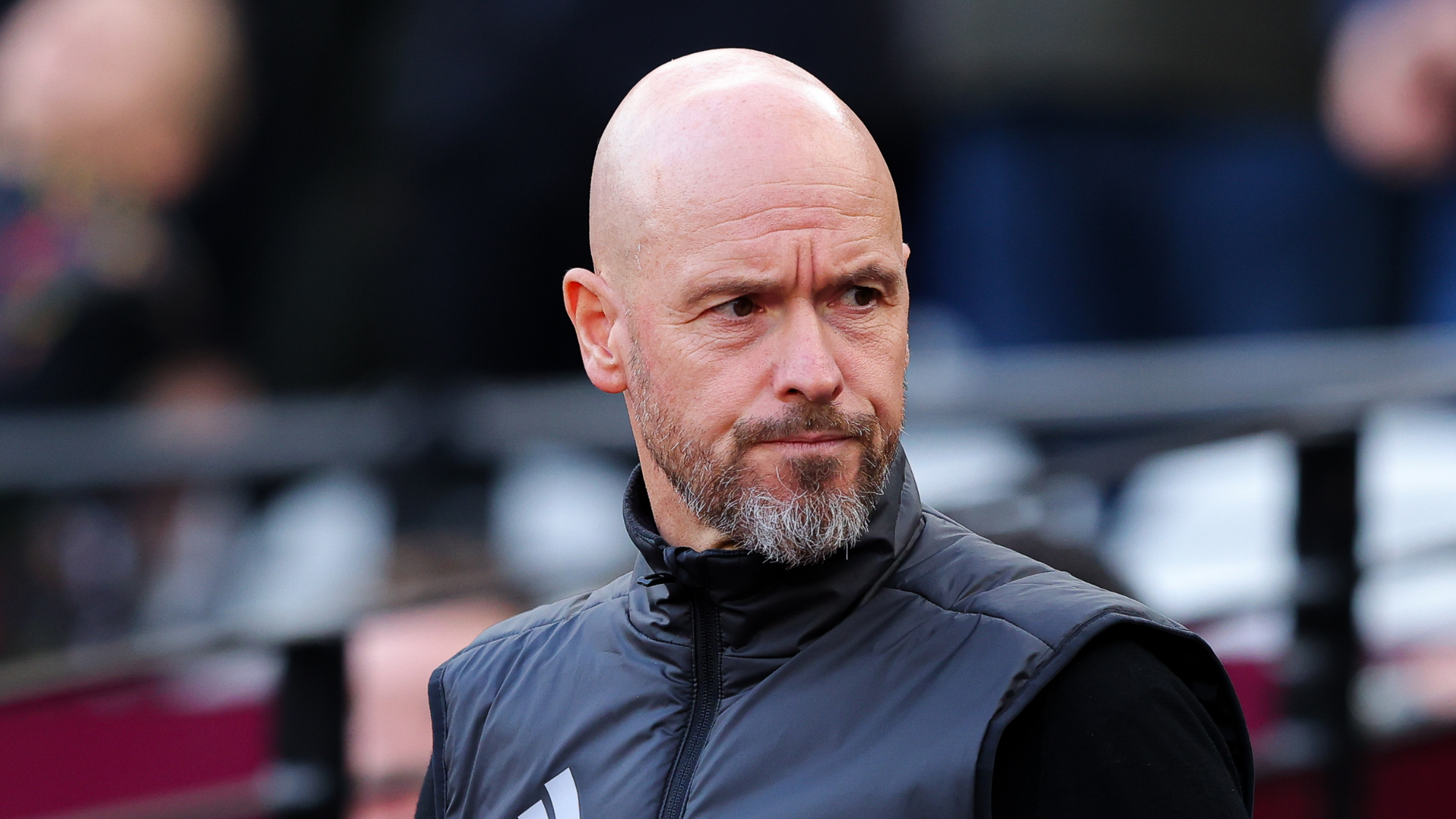 Why Man United finally lost patience with ten Hag
Why Man United finally lost patience with ten HagTalking Point After another loss United sacked ten Hag in hopes of success in the Champion's League